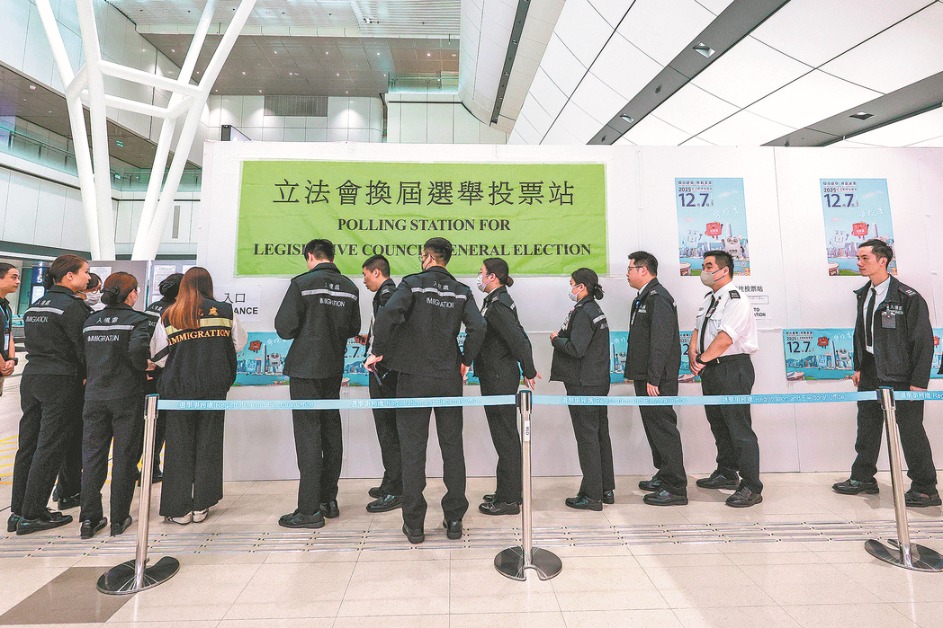Pandemic, riots leave South Africa tourism reeling
China Daily | Updated: 2021-07-20 10:00

CAPE TOWN-Graced with rolling vineyards, bountiful big game, the iconic Table Mountain, endless sandy beaches and vast cultural riches, South Africa would have expected to cash in on a post-virus travel boom.
But a week of violent rioting and looting risks deterring foreign visitors and hammering hopes of recovery, compounding losses caused by the country's mounting coronavirus toll.
Tracey Hellerle, of the Umzolozolo lodge near Ladysmith in KwaZulu-Natal Province, said every visitor booked to stay during the week of the riots had canceled. Most of the unrest has been concentrated in KwaZulu-Natal.
Before the COVID-19 pandemic, visitors from across the world would sit on poolside sun loungers overlooking the undulating plains of the Nambiti game reserve, hoping to catch a glimpse of Big Five game animals.
"We'd just started to get back into the swing of things," said Hellerle, adding that a downturn in bookings because of the pandemic had already led to layoffs.
"People were just too scared to travel because of the riots. They closed the N3 (motorway), which had become like a war zone and people were just too terrified to get in their vehicles to travel."
Since the looting and riots erupted on July 9, 212 people have died, including 180 deaths in KwaZulu-Natal.
Tourism is a mainstay of South Africa's economy, which was stumbling even before the pandemic and the riots.
According to official statistics, the industry contributed 355 billion rand ($24.6 billion) to the economy in 2019-7 percent of GDP-and employed 759,900 people.
In the idyllic tourist town of Clarens nestled at the foot of the Maluti mountains, guesthouse owner Heinrich Pelser fears foreign tourists could be deterred by the unrest. The popular weekend retreat is just five hours by car inland from Durban.
"If you look at Canadians and Americans, I don't think they will come soon," he said.
Since the unrest began, Pelser's cottages have hosted drivers heading away from riot-hit Durban, as well as one man on his way to the city to take food to his mother.
Due to coronavirus restrictions, alcohol sales are banned nationwide. This is especially a blow to Clarens, which is known for its microbreweries, and for the Western Cape Province which is renowned for its wineries, as well as being the end point of the prestigious Blue Train.
"It's not worth coming here if you can't sample the cheese, the wine, the beers," said Pelser, who employs six full-time staff.
In Cape Town, capital of the Western Cape and a popular stop for cruise ships, tourist-oriented businesses said the lack of visiting liners have hurt them.
"Once the riots have calmed down, South Africa is very popular and once it's safe to come, people will definitely travel," said Hellerle, noting that some lodges in KwaZulu-Natal have been empty since March last year.
"It's hoping and praying."
Agencies via Xinhua
























